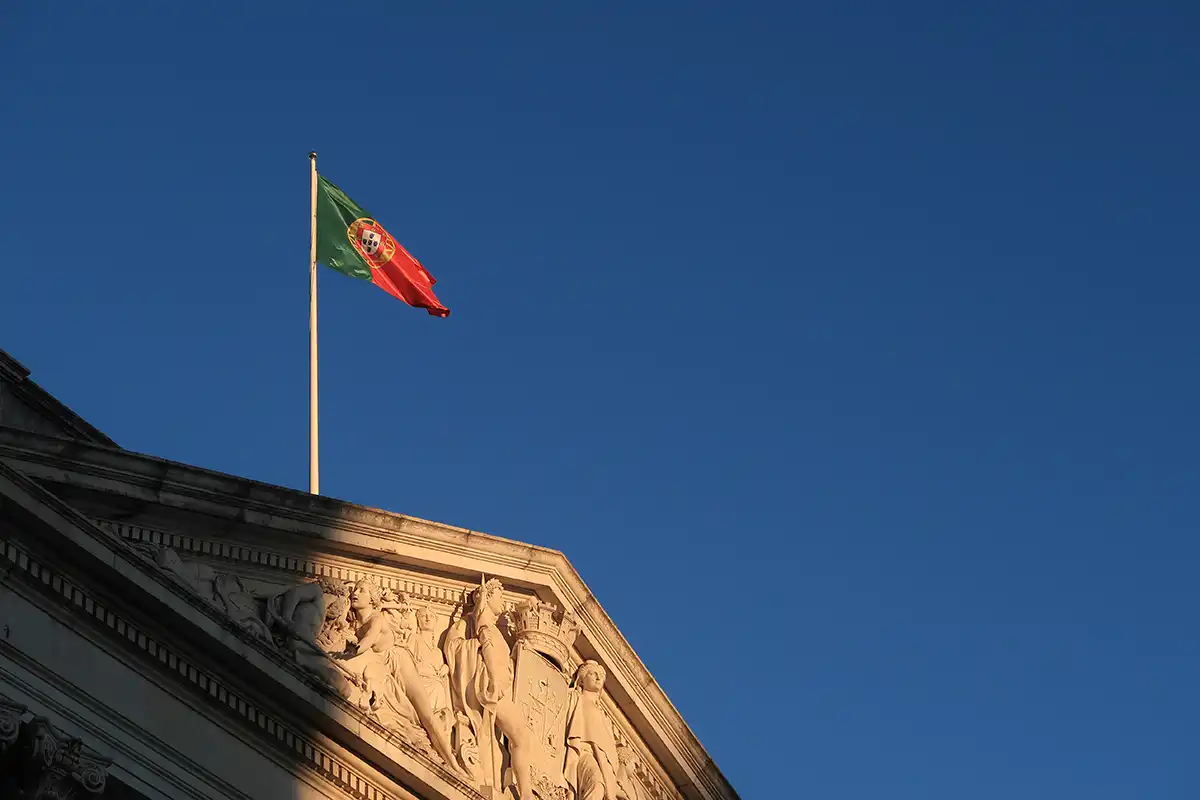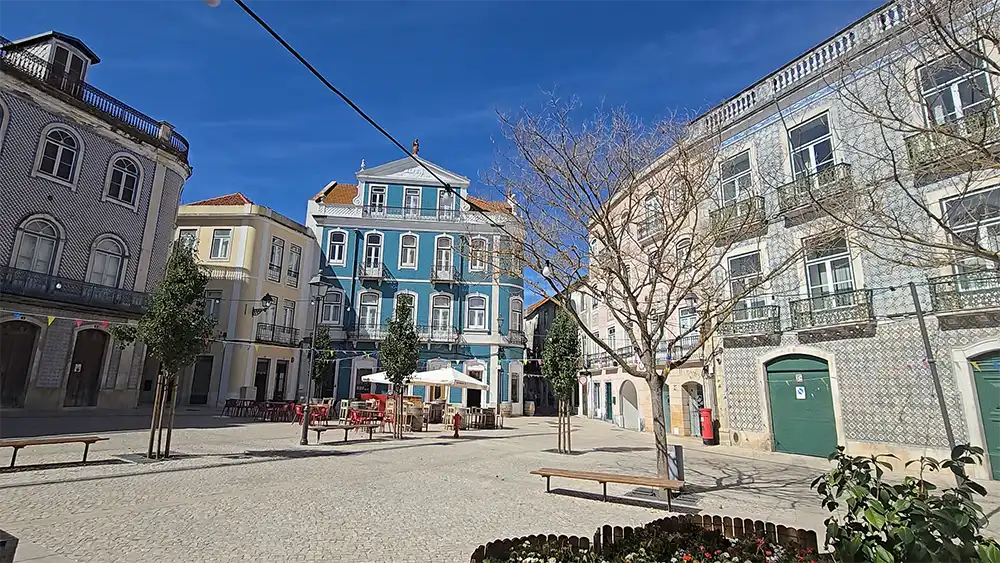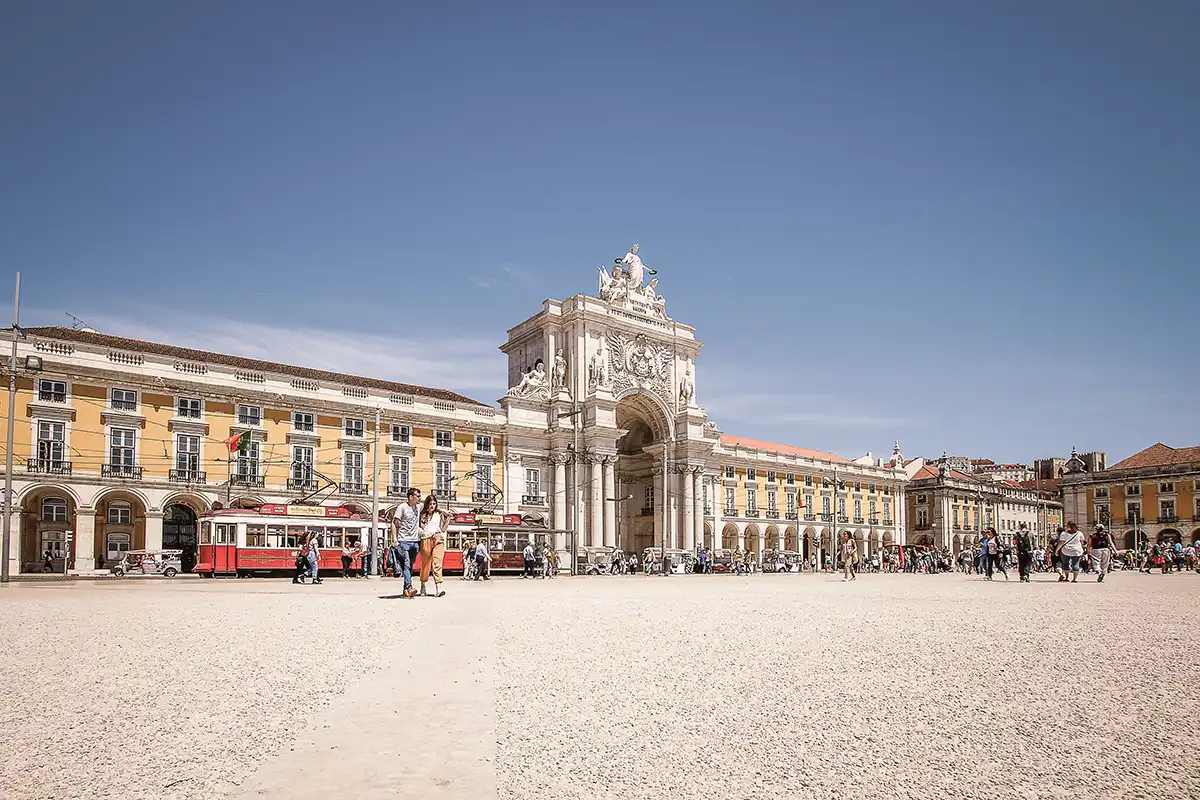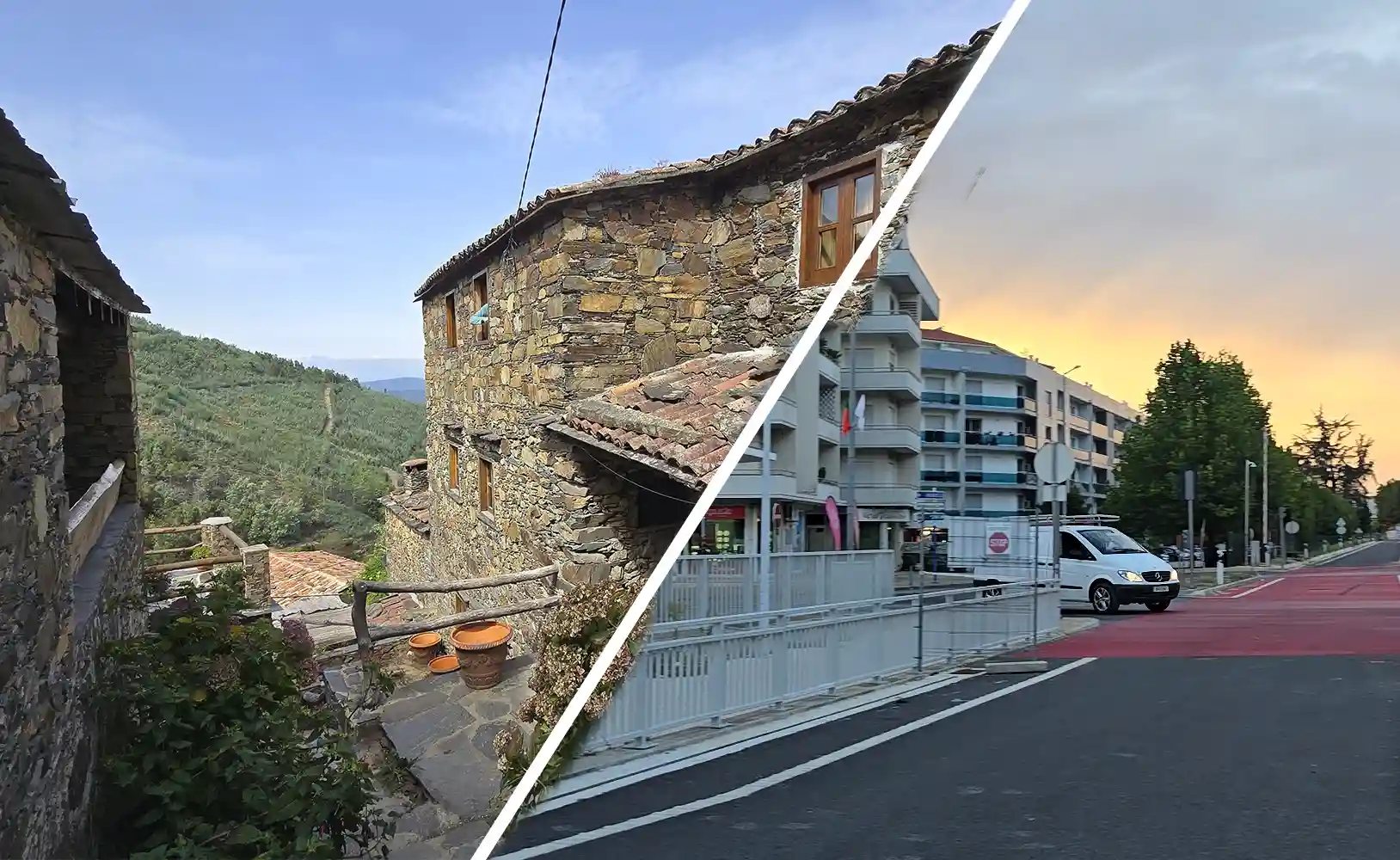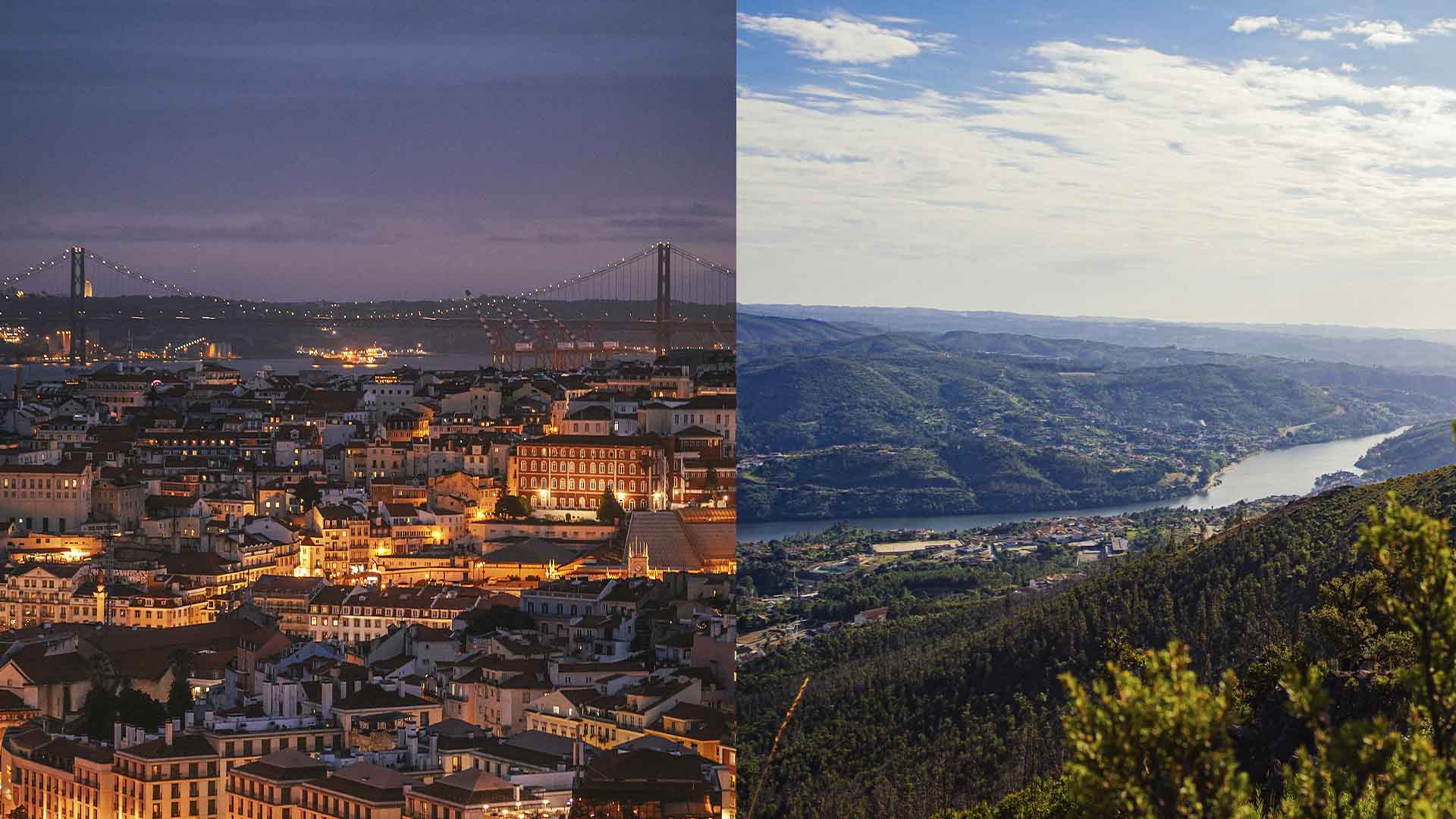Relocating to Portugal with your family? One of the most important aspects of your move will be understanding how the education system in Portugal works. At Savvy Cat Realty, we know that finding the right school is just as crucial as finding the right home. That’s why we’ve created this complete, easy-to-understand guide—so you can navigate Portugal’s education structure with confidence, from preschool all the way to university. Whether you’re considering public, private, or international schools, this article breaks down what you need to know to make the best choice for your child and your lifestyle.

📘 Overview of the Portuguese Education System
Education in Portugal is mandatory from age 6 to 18, covering 12 school years. It’s structured into several cycles and aligned with the European Qualifications Framework (EQF) to ensure consistency with other EU education systems.
Here’s a quick breakdown:
- Preschool (optional): Ages 3–5
- Basic Education (mandatory): Ages 6–15
- 1st Cycle: Grades 1–4
- 2nd Cycle: Grades 5–6
- 3rd Cycle: Grades 7–9
- Secondary Education: Grades 10–12 (Ages 15–18)
- Higher Education: Bachelor’s, Master’s, PhD
🎒 Preschool & Kindergarten (Ages 3–5)
Preschool isn’t mandatory but is widely attended in Portugal. These early years prepare children for structured learning and help with socialization.
Key Points:
- Public and private options available.
- Enrollment is competitive—many parents register before birth.
- Private preschools tend to have shorter waitlists but come at a cost.
🏫 Basic Education (1st to 9th Grade)
1st Cycle (Grades 1–4)
- Starts at age 6.
- Known as “Primária” in Portuguese.
- Kids typically stay in one class with one main teacher.
2nd Cycle (Grades 5–6)
- Transition to subject-specific teachers.
- Students begin rotating classes.
3rd Cycle (Grades 7–9)
- Preparation for secondary education.
- Age range: 12–15.
- Includes mid-level exams and more complex coursework.
🏢 Secondary Education (Grades 10–12)
Ages 15–18, also known as “Secundário,” students choose an academic track or a professional course.
Academic Tracks:
- Humanities (Letters)
- Sciences and Mathematics
- Arts
Professional Courses:
- Focused on fields like technology, tourism, or business.
- Include internships and practical training.
- EQF Level 4 qualification upon completion.
🎓 Higher Education in Portugal
Portugal offers both public and private universities, with degree levels aligned to the EQF:
- Bachelor’s Degree (Licenciatura) – Level 6
- Master’s Degree – Level 7
- PhD (Doutoramento) – Level 8
Public universities are more prestigious and affordable, while private ones can be easier to access for lower GPA students.
🏫 Public vs. Private Schools in Portugal
Public Schools
- Free until 12th grade.
- Class sizes can reach 30 students.
- Enrollment based on your residential address.
- All instruction is in Portuguese.
- Expats get free language support for children.
Private Schools
- Smaller classes (usually up to 15 students).
- Cost ranges from €300 to €20,000+ annually.
- Easier access but often have waitlists.
- More parental involvement and personalized learning.
🌍 International & Bilingual Schools
For expat families, international schools offer a smoother transition:
- Most popular: British-based schools
- Others: American, French, German, and IB-accredited schools
- Some offer dual curricula in Portuguese and another language
- Only one American school in Portugal is U.S. Department of Education-certified
These schools often have long waitlists, so early contact is essential—especially if relocating within 6–12 months.
🏡 Homeschooling in Portugal
Homeschooling is legal but highly regulated. You must register with the Ministry of Education, and inspections are common. In 2021, only 580 children were registered as homeschooled.
If you don’t follow the formal process, social services may intervene, as school attendance is closely monitored.
📝 Grading & National Exams
Grading System:
- Grades 1-4: Qualitative marks
- Grades 5–9: 1 to 5 scale (5 is highest)
- Grades 10–12 and university: 0 to 20 scale (20 is highest)
National Exams:
- Taken at the end of 11th and 12th grade
- Required for university entrance
- Students choose which subjects to test in based on intended degree programs
University entry is calculated as:
- 50% of final secondary school GPA
- 50% of selected exam score
Each university and program publishes the minimum admission score from previous years, giving families a guidepost.
💶 Costs of Education in Portugal
| Education Type | Public School | Private School | University (Public) | University (Private) |
|---|---|---|---|---|
| Kindergarten to Grade 12 | Free | €300–€20,000/year | ~€1,000–€3,000/year | ~€4,000–€6,000+/year |
📌 Tips for Expat Families Moving to Portugal
- Start early: Contact schools at least 12 months in advance.
- Plan around schools: Housing location should depend on school availability—not the other way around.
- Keep documents ready: Birth certificate, school records, vaccinations.
- Use relocation experts: Savvy Cat Realty helps you secure schools and homes aligned with your lifestyle.
- Confirm language policies: Especially for older children who may struggle with full-immersion learning.
✅ Conclusion
Understanding how education in Portugal works is a vital step for families planning their move. From public to private to international options, there’s something for everyone—but the key is early planning and proper guidance.
At Savvy Cat Realty, we specialize in helping expats find the right home near the right school. Our relocation packages are designed to ensure a smooth transition, culturally, educationally, and logistically.


